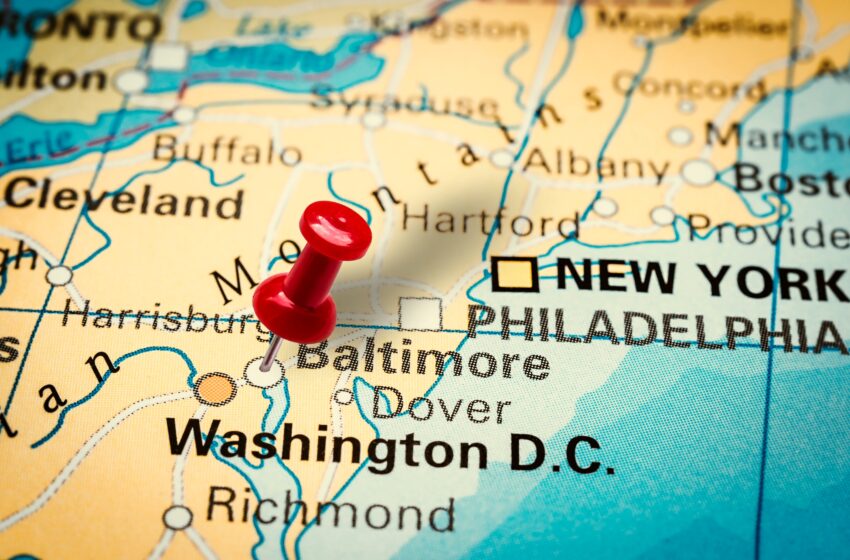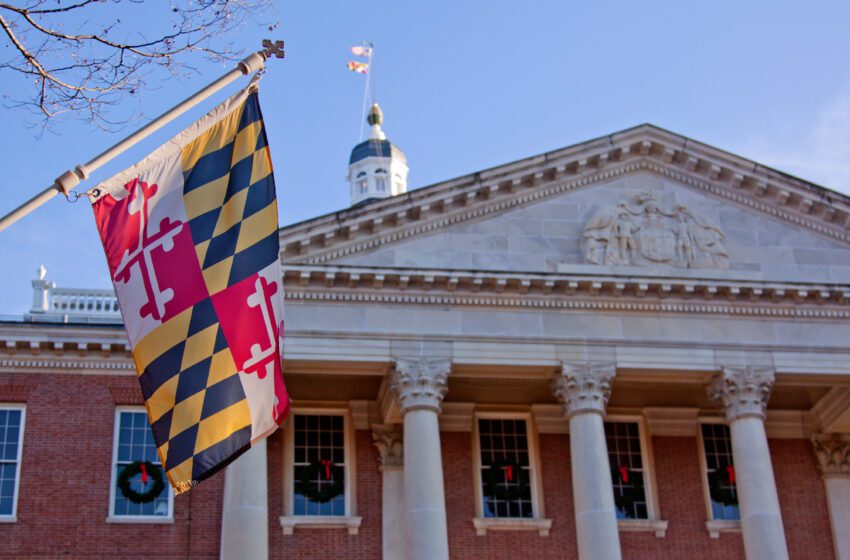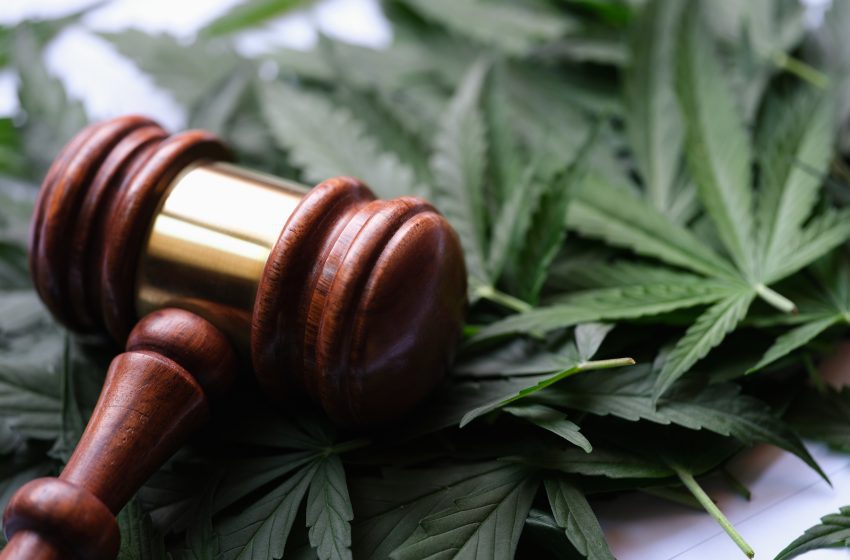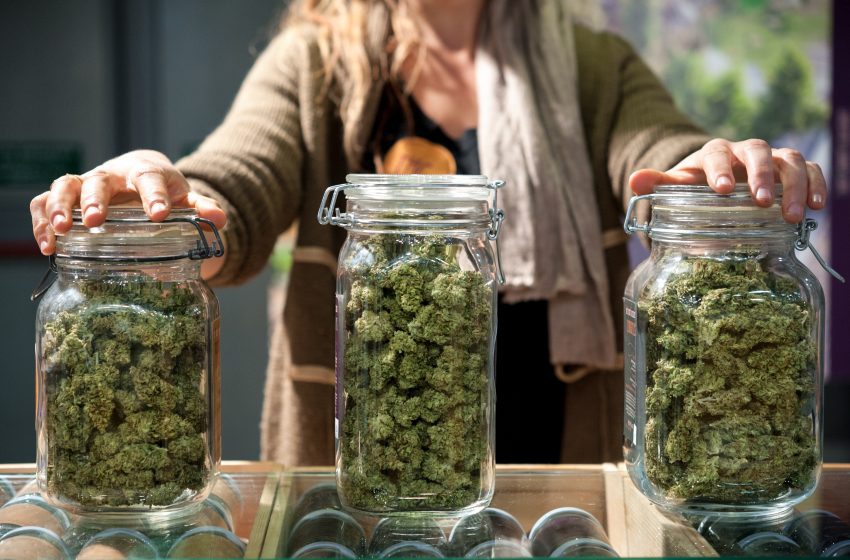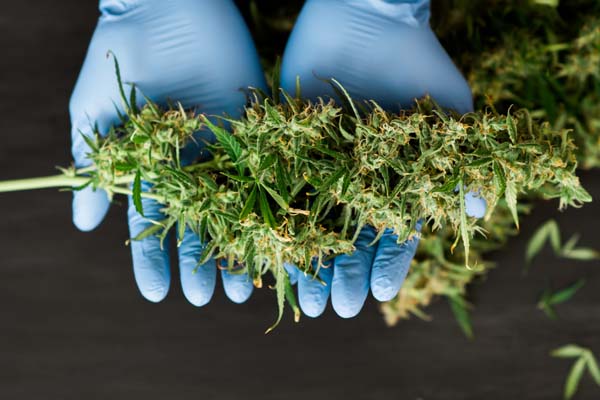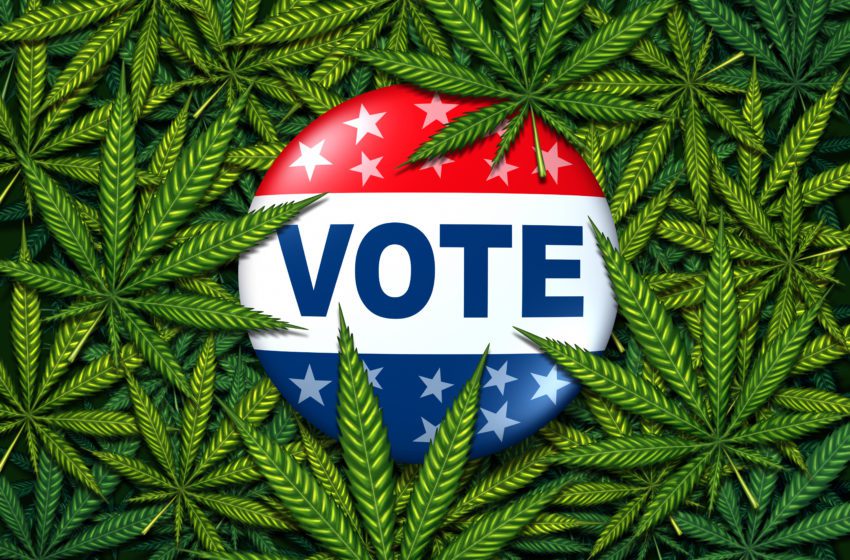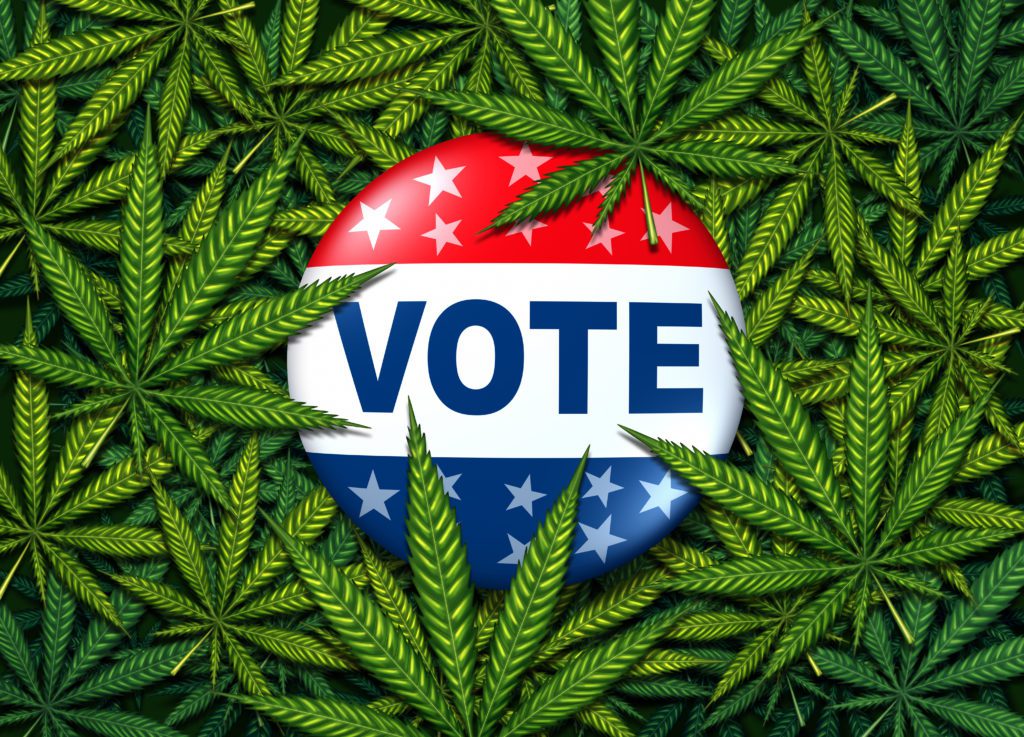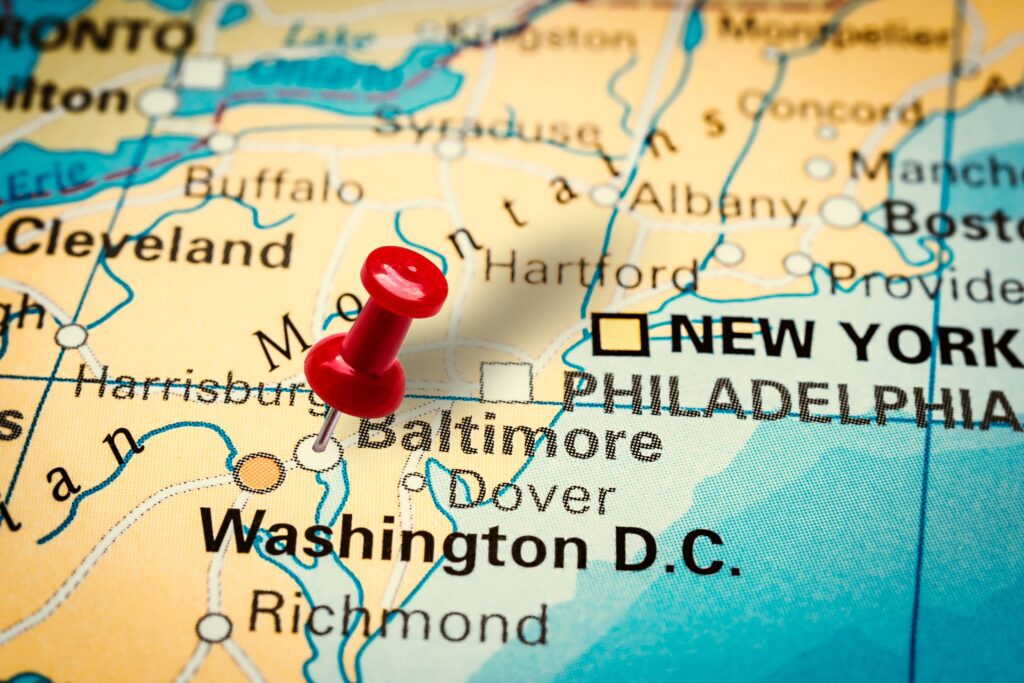
Montgomery County Public Schools (MCPS) in Maryland will receive $2 million to purchase vape detection devices after the Montgomery County Council voted unanimously Tuesday to transmit settlement money from the Juul e-cigarette company to the school system.
The funding comes from a state grant created after the Juul vape company was ordered to pay $7.5 million to the state for marketing its products to minors, media reports.
The settlement included more than 5,000 lawsuits from schools, states, and counties. In 2019, the county joined a state lawsuit against Juul for marketing its products to youth.
According to MCPS officials, the school system plans to use the funds to install vape detectors in high school bathrooms. The school board voted at its Aug. 20 meeting to move forward with the plan, provided the council approved the funding.

